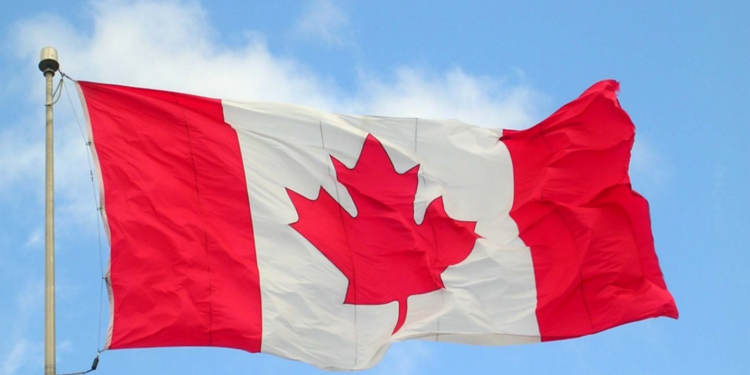The Quebec province of Canada has recently imposed a cap on the number of family sponsorship visa applications, a move that could affect many potential immigrants, including Nigerians.
According to CIC News, Quebec has set a limit of 13,000 applications across several categories of family sponsorship visas.
This cap will be in effect from June 26, 2024, until June 25, 2026.
The cap
The cap delineates that 10,400 slots of the 13,000 applications are designated for spouses, common-law spouses, and dependent children aged 18 years and above.
The remaining 2,600 slots are allocated for parents, grandparents, and other eligible family members.
Once this limit is reached, Quebec authorities will no longer accept applications, and any applications submitted after the cap is filled will be returned without processing or charging the procedural fee.
- The family sponsorship visa allows immigrants including Nigerian immigrants that have become permanent residents or Canadian citizens to sponsor their family members to come and live in Canada.
- This visa aims to reunite families and provide them with the opportunity to build their lives together in Canada.
- Under this program, sponsors must commit to financially supporting their family members for a period, ensuring they do not rely on social assistance.
Exemptions from the cap
While the new cap affects many applicants, certain categories are exempt. These include:
- A sponsor’s dependent underage child.
- Underage children the sponsor intends to adopt.
- An orphaned underage child of the sponsor’s sibling, nephew, niece, grandson, or granddaughter.
- A sponsor’s adult child who is dependent due to a disability.
- To qualify for these exemptions, the sponsored individual must not be married or in a common-law relationship.
What you should know
The cap on family sponsorship visas is a measure closely related to Quebec’s housing crisis, which has been exacerbated by the increasing number of temporary residents.
This influx has put pressure on housing availability and affordability in the province.
Beyond Quebec, the Canadian federal government aims to reduce the overall number of temporary residents.
- In March 2024, Immigration Minister Marc Miller announced plans to decrease the number of temporary residents to five per cent of the population, down from the current 6.2 per cent.
- This policy shift affects foreign students, workers, and asylum seekers, though essential workers in construction and healthcare will be exempt due to labour shortages in these sectors.
- These workers will be allowed to enter Canada at current levels until at least August 31, 2024.
Canada’s family sponsorship program is part of the Immigration, Refugees, and Citizenship Canada (IRCC) mandate. Sponsors must meet several requirements, including being at least 18 years old and residing in Canada.
- The application process typically involves two steps: the sponsor submits a sponsorship application, and the sponsored family member submits an application for permanent residence.
- Both applications are processed simultaneously, but approval of the sponsorship is contingent on the sponsor meeting eligibility criteria, including income requirements. Special considerations are given to orphaned relatives under 18 and other relatives under certain conditions.





















